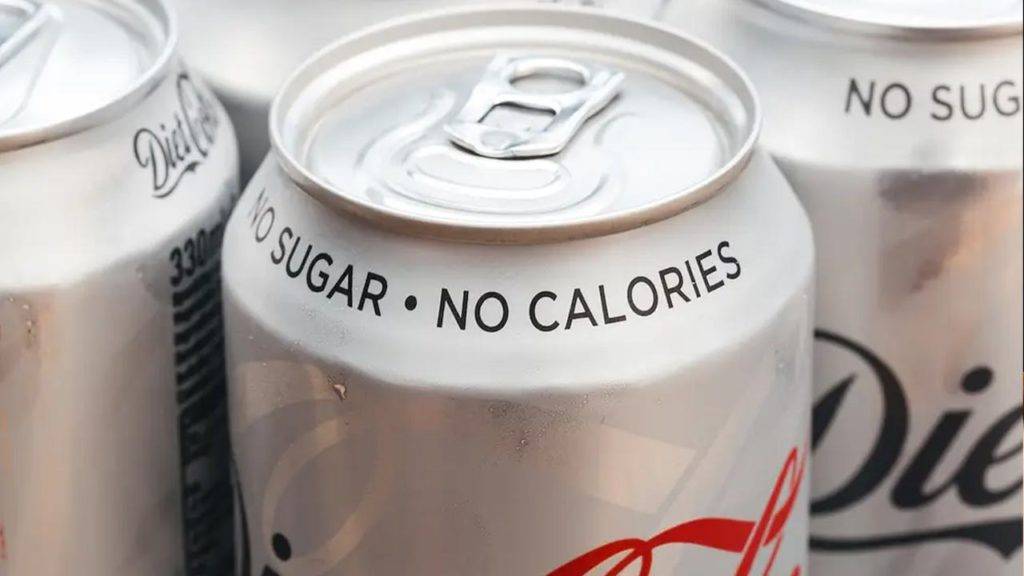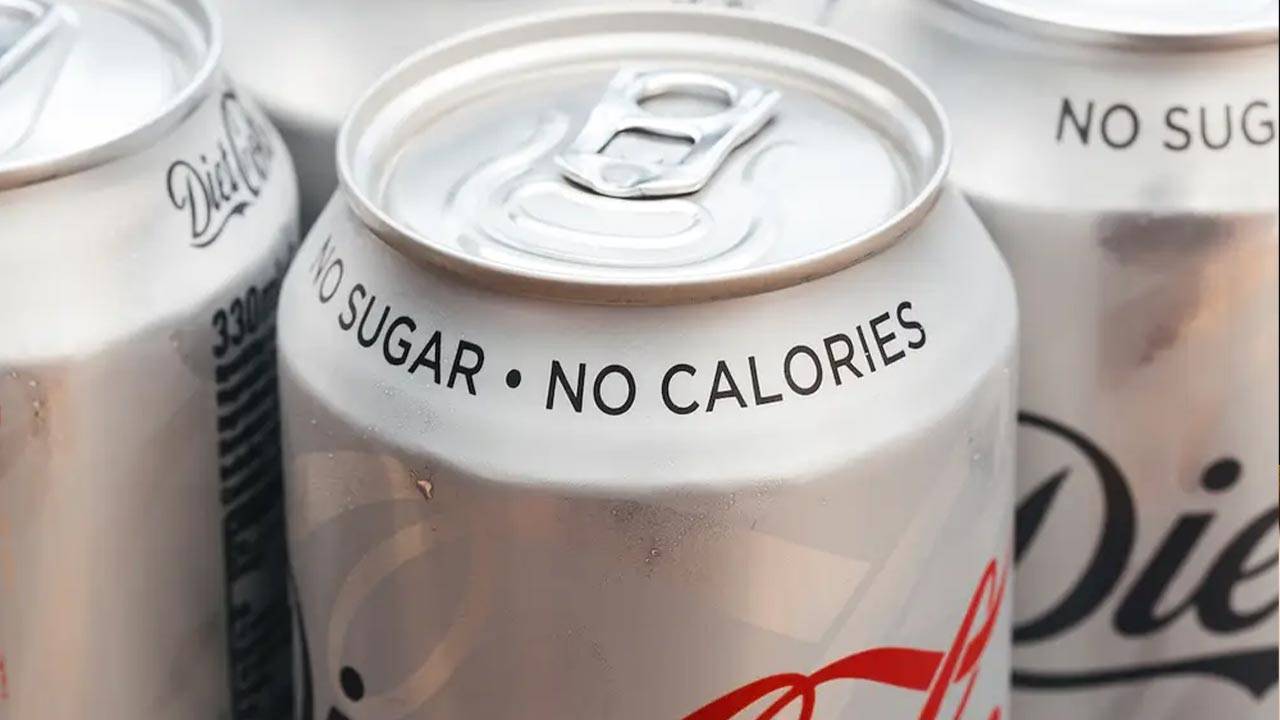Does Diet Coke Have Caffeine:- Diet Coke is a popular low-calorie soda that many people consume as an alternative to regular soda. While it’s marketed as a healthier choice, some people have concerns about its effects on weight loss and caffeine content.
In this article, we’ll explore the relationship between Diet Coke and weight loss, as well as the caffeine content in Diet Coke. We’ll also answer some frequently asked questions and provide a comparison of nutritional information between Diet Coke and regular Coke to help you make informed choices about your beverage consumption.

Table: Comparison of Nutritional Information for Diet Coke and Regular Coke
| Nutrient | Diet Coke (12 oz) | Regular Coke (12 oz) |
|---|---|---|
| Calories | 0 | 140 |
| Total Fat | 0 g | 0 g |
| Sodium | 40 mg | 45 mg |
| Total Carbohydrate | 0 g | 39 g |
| Sugars | 0 g | 39 g |
| Protein | 0 g | 0 g |
| Caffeine | 46 mg | 34 mg |
Is Diet Coke Bad for Weight Loss?
Diet Coke is a popular low-calorie soda that many people consume as an alternative to regular soda. While it’s marketed as a healthier choice, some people wonder if it’s bad for weight loss. Here’s what you need to know:
Several observational studies have found a link between diet soda consumption and weight gain. However, these studies don’t prove that diet soda causes weight gain. It’s possible that people who drink more diet soda also have other unhealthy habits that contribute to weight gain.
Additionally, some people believe that the artificial sweeteners in diet soda may trick the brain into thinking it’s consuming sugar, leading to cravings and overeating. However, there’s no solid evidence to support this theory.
Overall, while diet soda may not directly cause weight gain, it’s still important to consume it in moderation as part of a balanced diet.
Does Diet Coke Have Caffeine?
Yes, Diet Coke contains caffeine. In fact, a 12-ounce can of Diet Coke contains 46 milligrams of caffeine, which is about half the amount found in a cup of coffee. The caffeine in Diet Coke can provide a mild energy boost and may also help to enhance mental alertness.
However, it’s important to note that consuming too much caffeine can have negative effects on your health, including insomnia, anxiety, and digestive issues. Additionally, some people may be more sensitive to caffeine than others and should limit their intake accordingly.
Frequently Asked Questions (FAQs)
- Is Diet Coke worse than regular Coke?
While Diet Coke may be a better choice for people who are trying to reduce their calorie intake, both regular and diet soda can have negative effects on your health when consumed in excess. - Can Diet Coke help you lose weight?
While there’s no evidence to suggest that drinking Diet Coke directly causes weight loss, consuming it in moderation as part of a balanced diet may be helpful for some people. - Does Diet Coke cause cancer?
There’s no evidence to suggest that drinking Diet Coke causes cancer. However, some studies have found a link between diet soda consumption and an increased risk of certain cancers. More research is needed to fully understand this association. - How much Diet Coke is safe to drink per day?
The American Heart Association recommends limiting your intake of sugar-sweetened beverages, including soda, to no more than 36 ounces per week. As Diet Coke is a low-calorie alternative, it’s generally considered safe to consume in moderation. - What are the other ingredients in Diet Coke?
In addition to caffeine and artificial sweeteners, Diet Coke also contains carbonated water, caramel color, phosphoric acid, natural flavors, citric acid, potassium benzoate (to protect taste), and potassium citrate.






